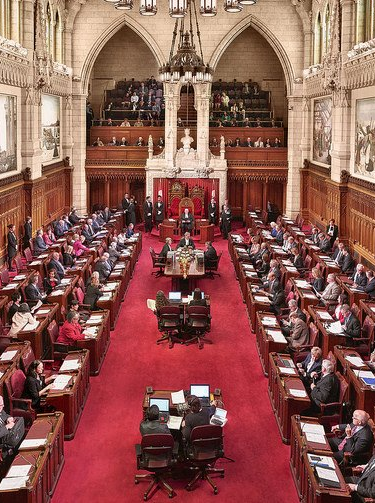
The legalisation of marijuana has recently been subject to significant discussion and debate. While marijuana is currently only legal in Canada for medical purposes, the federal government has passed legislation which will legalise access to marijuana for non-medical use, a development which will have a significant impact upon employers across Canada. Bill C-45, an Act respecting cannabis and to amend the Controlled Drugs and Substances Act, the Criminal Code and Other Acts, which will decriminalise marijuana, was passed by the Senate on 19 June 2018 and has now received Royal Assent. Marijuana will become legal on 17 October 2018.
The challenges faced by employers in the context of marijuana use will no longer be confined to the legal use of prescribed medical marijuana; post-legalisation, employers will also be confronted with the myriad issues that accompany legal recreational use. Such issues include the preparation and administration of substance use policies, as well as workplace safety considerations faced by employers in the wake of legalisation.
Substance Use Policies
It should be emphasised that the legalisation of marijuana does not amount to a licence for impairment. Following legalisation, employers may treat marijuana use similarly to alcohol and other prescription or over-the-counter drugs with impairing effects. Employers will be able to prohibit the use and possession of marijuana at work, as well as impairment within the workplace.
Employers should ensure that drug and alcohol policies distinguish between the use of marijuana for medical purposes and its use for recreational purposes. Employers will be able to prohibit the use of recreational marijuana within the workplace and should outline the disciplinary process to be followed if an employee possesses or uses recreational marijuana while at work. Policies should also address the use of medical marijuana and outline the forms of medical documentation which will be required to substantiate the use of medical marijuana, as well as available accommodation(s). Employers are required to accommodate employees using a medical marijuana prescription to treat a disability to the point of undue hardship.
Policies should also address substance use and addiction, which may also engage an employer’s duty to accommodate. A reference to an Employee Assistance Program may be sufficient to discharge an employer’s obligation to incorporate accommodation measures into a policy, however, employers may also wish to address whether employees are required to proactively disclose any addiction to marijuana (or any other impairing drug) to the employer.
Pursuant to the Supreme Court’s recent decision in Stewart v. Elk Valley Coal Corp., an employer is entitled to implement a policy requiring the proactive disclosure of problems of drug or alcohol abuse, dependency and addiction, with an aim of treating and rehabilitating such dependency issues. Should an employee fail to adhere to such a policy, and only disclose an addiction or dependency following an incident giving rise to discipline, the employer may still be entitled to discipline the employee for failure to adhere to the policy. In such instances, the employer may discipline the employee for the breach of the disclosure element of the policy, and not for the employee’s addiction itself (which would likely contravene applicable human rights legislation).
Workplace Safety
Another predominant concern for employers relating to the legalisation of marijuana is workplace safety. Section 25(2) of the Occupational Health and Safety Act (the “OHSA”) imposes a duty upon employers to “take every precaution reasonable in the circumstances for the protection of a worker” – in other words, employers are required to ensure the health and safety of workers and to protect against injuries arising out of the course of employment, as far as may be reasonably practicable. While employers are not explicitly required to have a drug or alcohol policy as part of their OHSA obligations under section 25(2), adjudicators have recognized limiting OHSA liability as a reasonable basis for imposing disclosure and testing policies.
Employers are subject to significant sanctions for breaches of the OHSA, and, with the recent introduction of Bill 177, the Stronger, Fairer Ontario Act (Budget Measures), face tripled corporate fines, with a new maximum penalty of CAD 1,500,000 per charge. Currently, there is no indication that the provincial or federal government will introduce regulatory safety standards governing the use of marijuana within the workplace. Because legalisation will occur in the near future, employers would be well advised to develop comprehensive policies governing the use of marijuana within the workplace. This is of particular importance in safety- sensitive environments where employees working under the influence of marijuana can have very serious consequences.
While employers currently contend with the accommodation of medical marijuana within the workplace, following the legalisation of marijuana, employers will face additional challenges concerning the use and possession of marijuana by employees for recreational purposes. As outlined above, it is important that employers proactively develop policies which explicitly address marijuana, and which set clear expectations concerning both medical and recreational drug usage. Such policies should focus on impairment and on ensuring that employees have an overall fitness to work.


